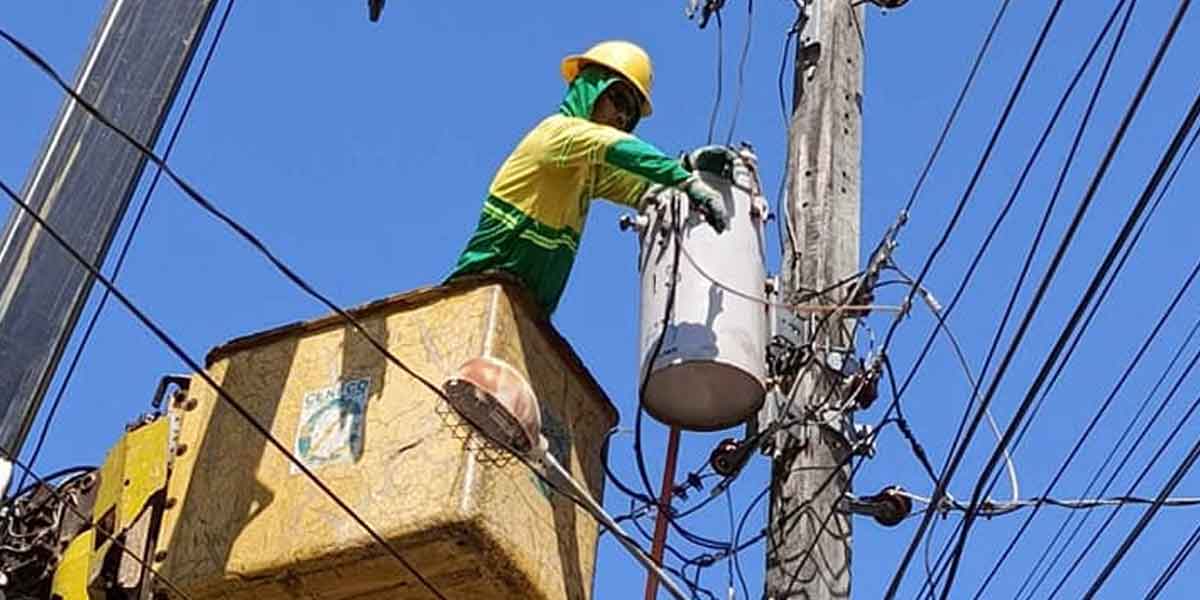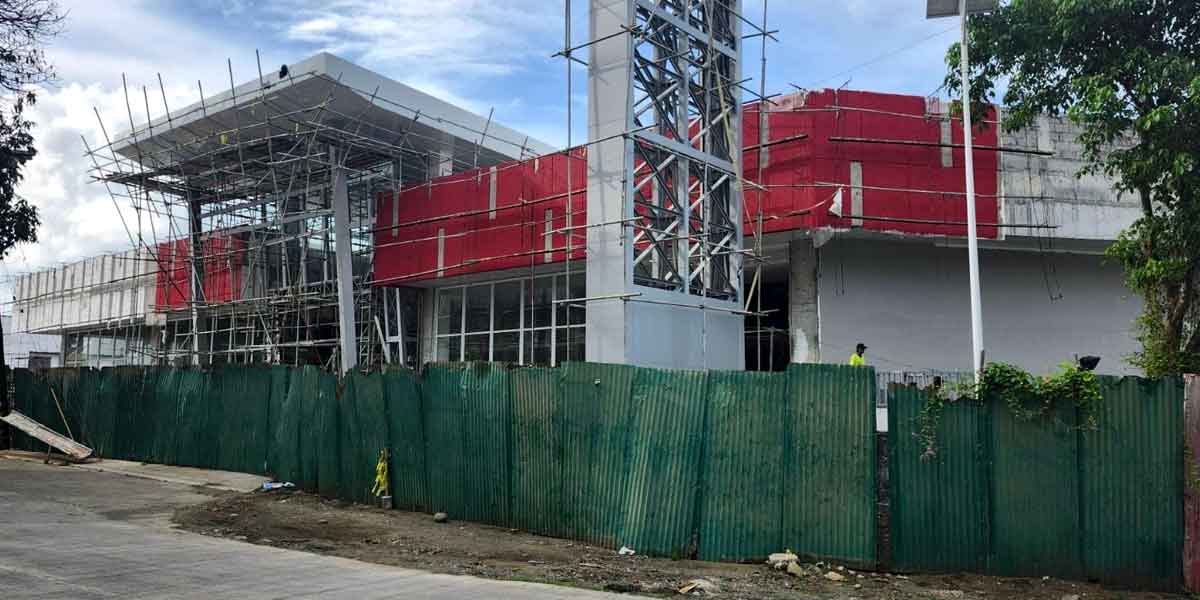In the evolving landscape of power distribution in the Philippines, the move towards modernizing infrastructure and services through public-private partnerships represents a pivotal shift. This is particularly evident in the proposed franchise bill for Negros Electric and Power Corporation (NEPC), which signifies a crucial step towards addressing the growing demands of electricity consumers in Negros Occidental.
While sentiments of ownership and community pride in local electric cooperatives like Central Negros Electric Cooperative (CENECO) are valid, they must not overshadow the broader public interest of ensuring efficient and stable power distribution. The historical context shows that electric cooperatives have played a foundational role in achieving rural electrification. However, as regions like Negros Occidental experience rapid growth, these cooperatives struggle to keep pace with the increasing demand and necessary technological advancements, as seen with CENECO’s financial and operational challenges.
Senator Grace Poe’s advocacy for the NEPC franchise underscores a commitment to enhancing power distribution capabilities, which align with national goals for economic expansion and improved quality of life. By leveraging the capital and expertise of private entities, areas previously under the aegis of struggling cooperatives can hope for improved infrastructure, reduced power outages, and better customer service—outcomes already observed in Iloilo since MORE Power’s takeover.
Critics of privatization argue that it may lead to higher costs for consumers and a loss of local control. However, the reality is that without significant investment, which struggling cooperatives are often unable to afford, consumers suffer the consequences of inadequate service. Moreover, the National Electrification Administration (NEA) ensures that any transition towards private management or ownership involves a democratic process where member-consumer-owners (MCOs) vote on such decisions. This process was adhered to in the case of CENECO, despite concerns about the legality of the joint venture and the execution of a plebiscite.
It is imperative that the public discourse and legislative actions prioritize the efficiency and reliability of power distribution over the sentimental value of local ownership. The potential improvements in service quality, reduction in electricity rates, and upgrades in infrastructure are in the best interest of the consumers and the region’s economic health.
As the Senate deliberates on the franchise bill for NEPC, it should consider the broader implications of modernizing power distribution systems. This involves not only meeting the current demands but also anticipating the future needs of a growing economy. The focus must remain steadfast on ensuring that all developments in the power sector contribute positively to the public good, facilitating a stable, efficient, and fair power distribution system that serves all Filipinos, not just today but for generations to come.
The time is now for transformative changes in the power sector, driven by practical considerations of efficiency and sustainability rather than the nostalgic appeal of local control. In this pivotal moment, embracing a future where public interest by way of efficient and stable power distribution takes precedence is not just necessary—it is imperative for national and local progress.





















